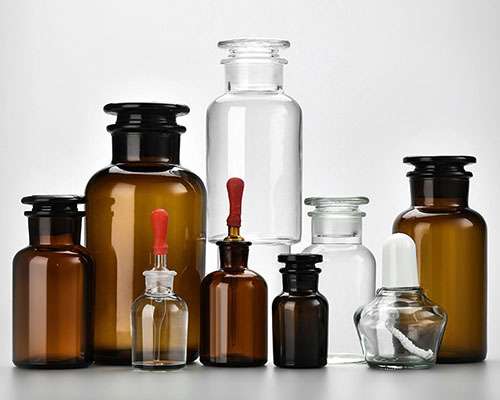Medicinal Glass is a kind of medical packaging material. They are often used for packaging injections, infusion drugs, oral medications, health products, etc. Its unique advantages make this Medicinal Glass product widely used in the pharmaceutical industry. When choosing medicinal glass bottles, you can choose different types of medicinal glass bottles according to the characteristics of the medicine. In this way, we can meet the requirements of drug stability, safety, and effectiveness and improve the quality of drugs.
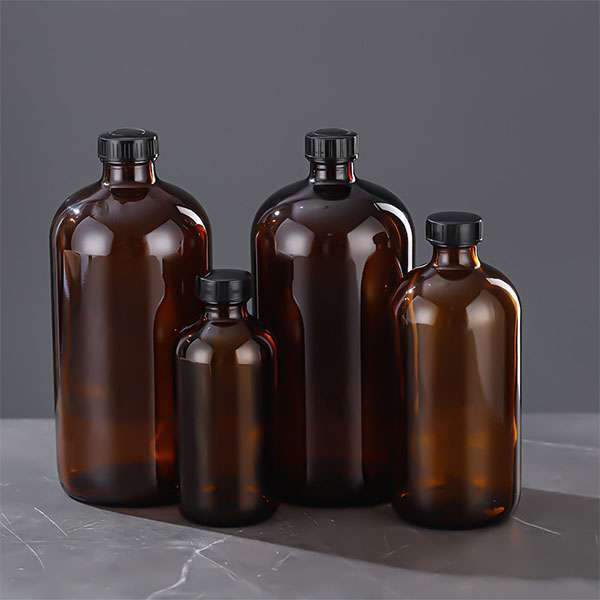
Basis For Selecting Pharmaceutical Glass Packaging
Medicinal Glass is the most commonly used packaging container for pharmaceuticals. When selecting glass packaging containers, the entire life cycle of the drug product needs to be considered. Based on the concept of risk assessment and the principle of quality by design, a comprehensive assessment is conducted on the selection and application of pharmaceutical Medicinal Glass packaging. These include an assessment of the resistance of the inner surface of the glass and an assessment of the interaction between pharmaceutical products and glass packaging following direct contact.
1) Medicinal Glass Type
Quartz glass is made of silica and is resistant to high temperatures, and acid corrosion, has good thermal stability, and good light transmittance. It is suitable for packaging drugs sensitive to metal ions. Borosilicate glass contains a certain amount of boron oxide, which has high stability and is widely used in pharmaceutical packaging. The main components of soda-lime glass are sodium, calcium, and silicon. It has a certain stability and is generally suitable for pharmaceutical packaging that is less corrosive. Aluminosilicate glass contains aluminum oxide, and the glass medicine bottles have high mechanical strength after treatment.
2) Drug Characteristics
For drugs with high ionic strength and containing complexing agents, attention should be paid to the risk of glass erosion and detachment. Medicines are sensitive to light. The colored glass with light-shielding properties should be used, and light-shielding measures should be added to the outer packaging. The drugs are pH-sensitive.The impact of chemical resistance on the inner surface of the container on drug stability should be evaluated. The drugs are sensitive to metal ions, attention should be paid to the risk of leaching of glass components and impurity elements, and control measures should be established.
3) Drug Production Process
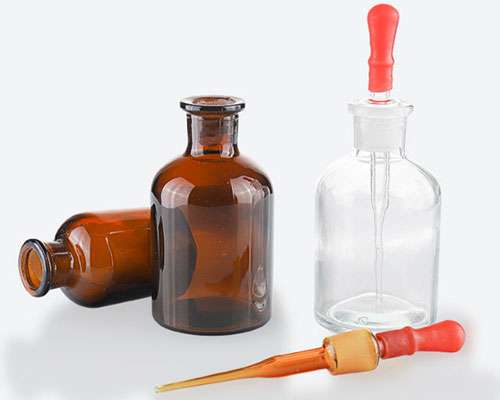
Surface defects and cracks in glass vials, sealing and integrity of the packaging, pressure tolerance within the container, and stability of the film layer on the inner surface of the container. These factors may affect the pharmaceutical production process that requires a moist heat sterilization environment. Containers that have been hot-filled need to pay attention to their thermal shock resistance. When going through the freeze-drying process, pay attention to the glass container’s thermal expansion coefficient, thickness, and integrity.
For medicines that require sterile packaging, choose a glass medicine bottle that meets the requirements in terms of size, surface damage, sealing, etc. In addition, some glass vials require radiation sterilization. Precise drug delivery is achieved through the accuracy of the delivery amount, the flatness of the container, surface hydrophobicity, adsorption of the inner surface, container configuration, and mechanical strength.
4) Pharmaceutical Dosage Forms
Drug types such as inhalation preparations and nasal sprays have high requirements on the stability and safety of glass vials, the integrity of the sealing system, the inner surface of the glass, the pressure inside the container, etc. The integrity of the sealing system of the glass medicine bottle, whether it is resistant to sudden temperature changes, and the chemical elements in the extraction solution are the key points of concern for injections. The biological products such as powder pharmaceuticals, oral preparations, and vaccines, should corresponding needs be met.
Application standards for Medicinal Glass packaging
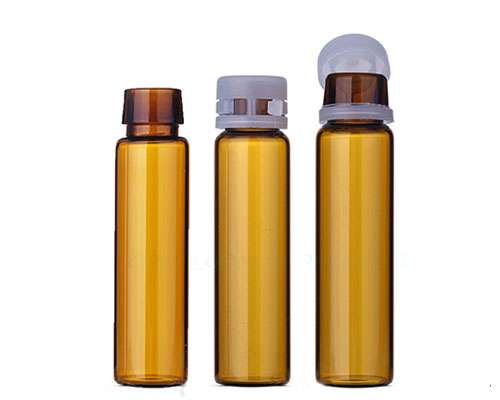
1) Clean And Transparent
Glass vials should be clean and transparent. To facilitate the detection of visible foreign matter, impurities, and deterioration of the injection. Generally, colorless glass should be chosen for medicines. When the drug is unstable to light and needs to be protected from light, brown transparent glass can be used instead of other colored glasses.
2) Chemical Properties
Ordinary colorless glass is light-transmissive. The formula of amber (brown) Medicinal Glass Bottles contains iron salts. They can prevent light with wavelengths below 470nm. However, it should be noted that if the ingredients in the medicine are susceptible to chemical reactions catalyzed by iron, amber glass medicine bottles cannot be used. Blue glass containers and green glass containers can transmit strong ultraviolet light. If the packaged drug is sensitive to light, this type of glass cannot prevent the optical degradation of the drug. Therefore, for glass packaging of light-sensitive drugs. Not only the light-shielding properties of the Medicinal Glass must be considered, but also its chemical stability.
3) Pharmacy Characteristics
Choose Medicinal Glass Bottles based on the characteristics of the preparation, or the production process. Products that have been sterilized by high temperatures or freeze-dried. They should choose glass containers with better thermal stability and higher mechanical strength. It can withstand the high-pressure difference generated during autoclave sterilization and avoid damage caused during production, transportation, and storage.
4) Practicality
Suitable glass vials should have good clinical usability. For example, the breaking force of ampoules should meet standards, not react with drugs, have no glass fragments falling off, and not affect product pH, etc.
Summarize
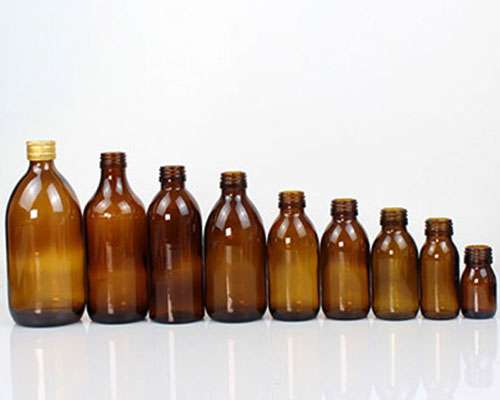
Medicinal glass bottles are in direct contact with medicines and are important packaging materials. Different materials and features are suitable for corresponding types of products. These Medicinal Glass Bottles must ensure safety and effectiveness, and be used more rationally and efficiently. The impact of packaging materials on drugs has received more and more widespread attention. Only by deepening our understanding of the physical and chemical properties of glass materials can we effectively avoid risks before problems arise.
Taibo Glass Factory provides you with safe and affordable glass pharmaceutical bottles. Our products come in a variety of styles and we provide customized services. We can provide more suitable packaging materials and achieve efficient utilization. We have advanced technical equipment, considerate service quality, and creative designs. Contact us and we will respond within 24 hours.

